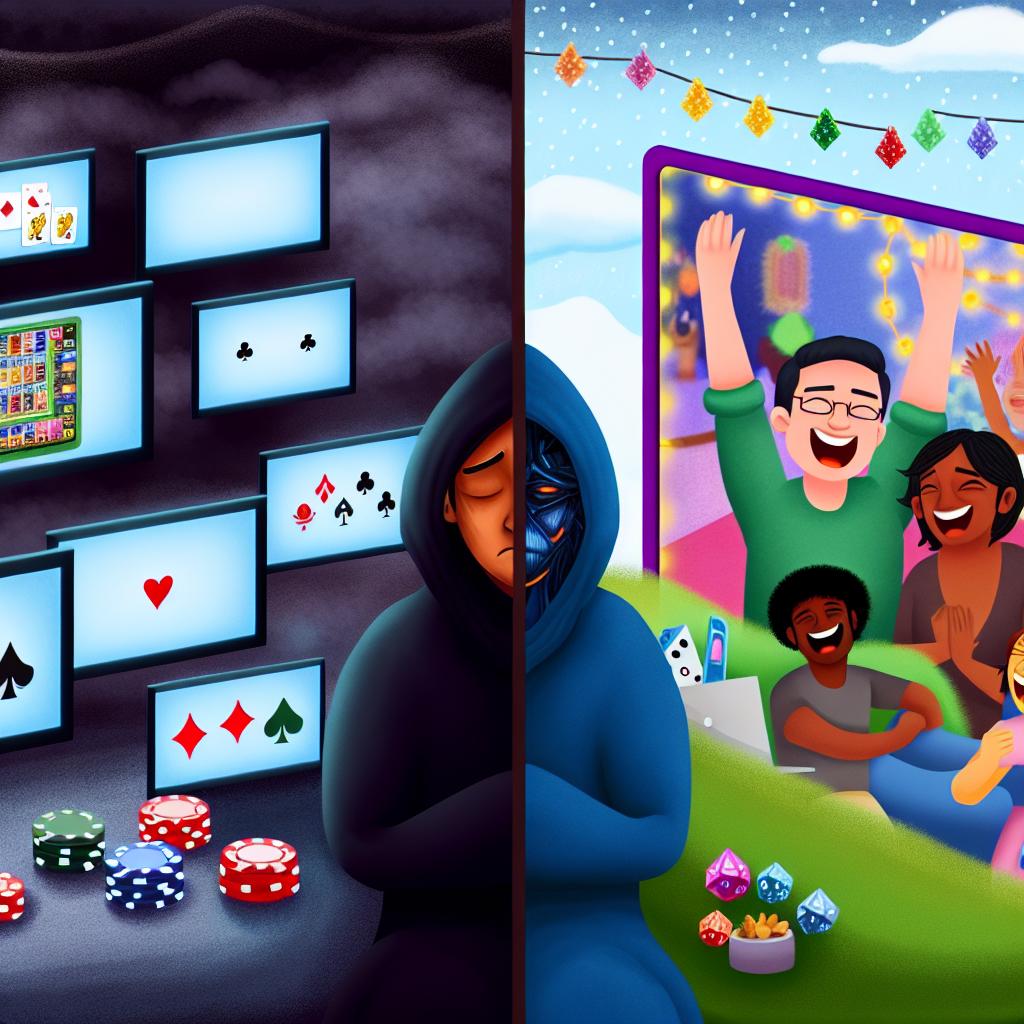Introduction to Online Gaming Friendships
In recent years, online gaming has significantly transformed into a popular pastime, engaging individuals of diverse ages and backgrounds. An intriguing aspect of this evolving trend is the development of friendships via online gaming platforms. These digital connections are not only redefining the traditional concept of friendship but also offer a broad range of experiences and impacts, both beneficial and challenging.
Pros of Online Gaming Friendships
Social Interaction:
Online gaming provides a robust platform for social interaction, allowing individuals to communicate and collaborate with others from various parts of the world. This virtual space offers a valuable social outlet, particularly for those who may encounter challenges in face-to-face social environments. For individuals with social anxiety or other inhibitions, the online format can serve as a comfortable and accessible means of interaction. For a deeper understanding of the positive outcomes associated with social interaction, readers can explore more on this page.
Cultural Exchange:
The diverse backgrounds of players in the gaming community contribute to an environment rich in cultural exchange and understanding. Playing online games can unveil new perspectives and customs from around the world, thus broadening one’s worldview. Through interactions in various gaming scenarios, players can gain a richer appreciation and understanding of global cultures, experiencing firsthand the diversity among the gaming population.
Skill Development:
Participating in team-based games is an excellent way to hone skills such as communication and strategic thinking. These games necessitate coordination with teammates, requiring players to articulate strategies and adapt swiftly to changing game scenarios. This element of gameplay can enhance problem-solving capabilities, fostering skills that are not only crucial in games but are also transferable to real-world situations. The ability to work collaboratively, think on one’s feet, and navigate complex problems are invaluable in both personal and professional environments.
Cons of Online Gaming Friendships
Lack of Physical Presence:
Despite the effectiveness of online communication, friendships formed in this realm inherently lack physical presence. The absence of physical cues can influence the depth and quality of these relationships. Physical interactions often convey unspoken emotions and intentions through gestures and body language, elements that are missing in digital interactions.
Risk of Miscommunication:
Without face-to-face interaction, online friendships are susceptible to miscommunications. Text-based chats or in-game communications might lead to misunderstandings, as the subtleties of tone and emotion can be challenging to interpret through text alone. This limitation can sometimes result in conflicts and misunderstandings that affect the quality of the relationship.
Privacy Concerns:
Engaging in online platforms always carries the risk of privacy invasion. Players should remain vigilant and cautious about the type of personal information they share with online friends. In the online gaming environment, understanding the importance of safeguarding one’s privacy and implementing measures to protect personal information is crucial. For insights on maintaining online privacy, this resource may offer valuable information.
The Dynamics of Online Gaming Friendships
While online gaming friendships present distinct advantages and challenges, they reflect broader societal shifts towards digital communication and interaction. These relationships offer unique avenues for personal development and cross-cultural engagement. However, gamers must navigate the complexities and risks inherent in online interactions. Awareness and understanding of the nuances of these friendships can enhance the experiences and benefits they offer, enriching both the digital and real-world social landscapes.
Conclusion
In conclusion, the growth of online gaming friendships highlights a fascinating evolution in how individuals connect and interact in the digital age. These connections present themselves with a unique set of pros and cons, allowing for opportunities in social engagement and personal growth. However, they also pose challenges that require conscious effort in management and understanding. To fully leverage the potential of online gaming friendships, gamers must remain mindful of both their possibilities and responsibilities in this digital realm. By doing so, they can foster enriching relationships that transcend conventional geographical and cultural barriers.




